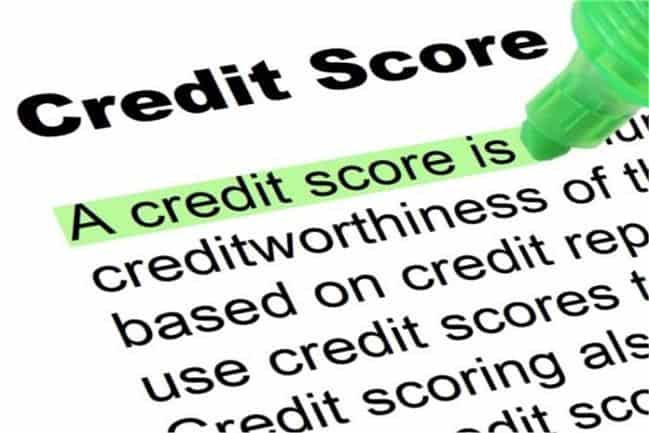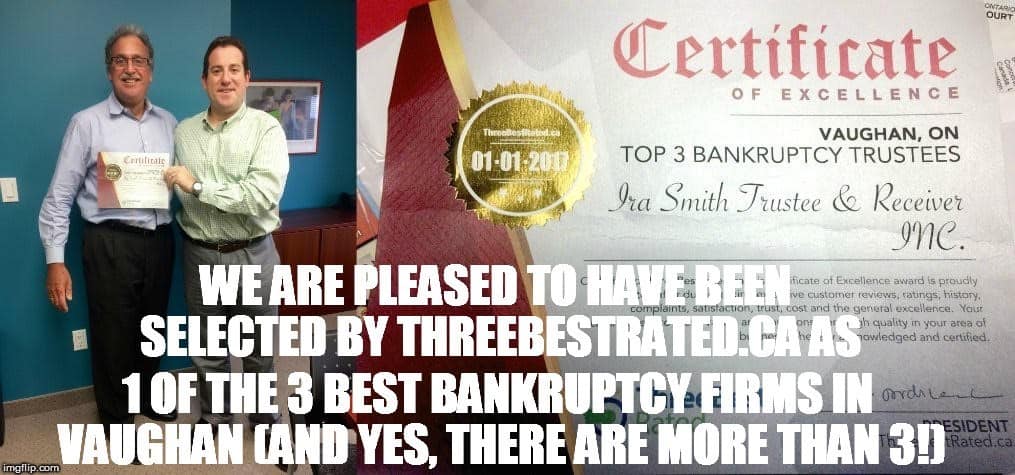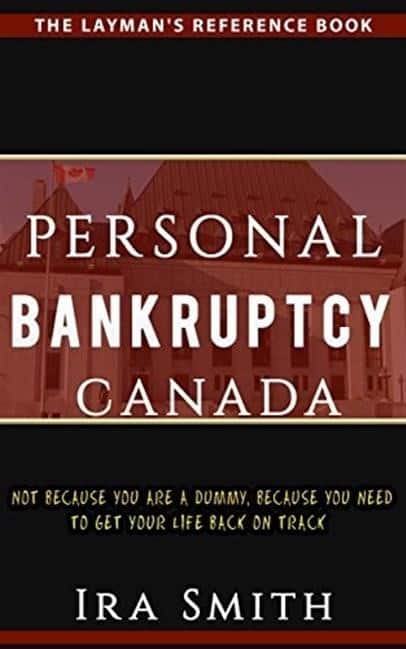Credit check failed reasons: Introduction
Below is our list of 5 stupid credit check failed reasons stopping you from getting that loan you can repay. You likely recognize that not paying your credit card on schedule or missing out on a settlement could harm your credit score. That is probably the most common credit check fail. So, those reasons are not on our list of credit check failed reasons. There are much less clear methods to sink your rating. You could be doing some without understanding the influence you’re triggering.
Below are 5 unexpected methods you could be damaging your credit score:
Credit check failed reasons: Decreasing your credit line
You might assume that you’re increasing your credit score by reducing your credit line on your credit card. However that could be having the other impact. Credit score use is the second-most vital credit score aspect, after history of credit card repayments.
Your credit use is your compared with just how much you’re using. When you lower that proportion, that is a good thing. Many professionals suggest maintaining it around 30 to 35 percent.
By reducing your authorized credit amount, you’re really increasing your credit use proportion.
Toronto financial advisor Seun Adeyemi says that most people are not aware that cancelled credit lines, even after making full repayment, can hurt your credit score.
Here is an example. Say you have 2 credit cards:
- a Visa with a $1,500 balance as well as a $4,000 credit limit;
- as well as a MasterCard with $1,500 outstanding and a $6,000 credit authorization.
Your credit usage is just 30 percent since you’re making use of $3,000 of your readily available $10,000.
If you reduced your credit limit to $4,000 on that MasterCard, you’re currently utilizing $3,000 of a readily available $8,000. This presses your credit usage to over 35%.

Credit check failed reasons: Leasing an automobile with a debit card as opposed to a credit card
When you’re leasing, it’s a great deal less complicated when you make use of a credit card.
Utilizing your debit card will lead to a pull on your credit report. While it could be a soft pull– implying it does not harm your debt– there’s a chance it might be a hard check. A hard check does affect your credit rating.
The procedure changes slightly in the auto rental business. Making use of a debit card will certainly result in a soft credit inquiry. However, when using a debit card to rent a car, there will probably be a hard pull on your credit rating at the first time (when you check-in and get the car).
There would not be a credit check if you use of a credit card for renting a car.
An included incentive of renting your car with a credit card as opposed to debit: Many credit cards offer vehicle rental insurance coverage. This saves you even thinking about taking the car rental company’s costly insurance package.
Credit check failed reasons: Not paying your library fines (yes, libraries still exist!)
Not paying your penalties might lead the library to withdraw your privileges, as well sending your past due account to a collection company. When a collection agency obtains your overdue account, if you don’t pay, it will be noted on your credit report that you are in collection and have not paid. This will adversely influence your credit score.

Normally, you need to owe around $40 or more before the account being sent to collections. To prevent all this, check your public library’s plan on fines, as well as, obviously, paying your late charges in a prompt fashion.
Credit check failed reasons: Not paying your parking tickets
When it concerns vehicle parking tickets, you have 2 choices:
- you could pay them; or
- go to Court and fight them.
Just what you do not want to do is disregard your parking tickets.
If you do choose to or forget to pay them, after a specific duration, your account will certainly go to collections. The policies on vehicle parking penalties differ by city. For instance, in Toronto, the use of debt collectors starts when your vehicle remains in plate rejection. This is when you could not restore your plate sticker label or acquire brand-new plates– for 2 years. Also, your tickets outstanding balance is more than $300.
Credit check failed reasons: Owing the taxman
If you have an outstanding amount payable on your income tax return, it’s important to settle that financial obligation to the Canada Revenue Agency (CRA). Overdue tax obligations could cost you in penalties and interest. It will also make it more challenging to get loans.
When submitting your tax return, any amount owing is due on April 30th, or the next Monday if April 30 falls on a weekend.
Credit check failed reasons: Not paying CRA is a self-inflicted indirect hit
Not paying your taxes does not directly hit your credit rating. However, two standard questions on any loan application are:
- what is the last year you filed your income tax return for; and
- how much do you owe to CRA for personal tax.
Not being current in your filing, or having an amount owing to CRA, will limit your chances to get that loan you are applying for.
When applying for a mortgage or home equity line of credit, most lenders ask for a duplicate of your Notice of Assessment from the previous 2 years. If the potential lender sees that you owe the CRA a great deal of money, they might offer you a higher rate of interest than the posted rate or worse, refuse your application.
Credit check failed reasons: What to do if you can’t repay your debts – even if you still have an OK credit score
Maintaining a good credit score is more than just paying your credit card on schedule, yet it does not need to be made complex. You should always aim to pay any type of arrears in a prompt style, as well as understand how every activity or transaction can affect your credit score.
If you are having problems repaying your debt, don’t be afraid to seek professional help. Don’t be enticed by the commercials for debt settlement. A recent study by the federal government shows that people who first go to a debt settlement company, end up paying more to settle their debts than if they just went to see a . That same study shows that ultimately, the debt settlement program alone does not work and the person ends up filing a consumer proposal with a licensed insolvency trustee.

The Ira Smith Team has helped many people in debt get back on track and living debt free lives Starting Over, Starting Now. Take the first step and give us a call today.

 Economic indicators: Introduction
Economic indicators: Introduction
 Co-sign credit card meaning: Introduction
Co-sign credit card meaning: Introduction
 Weekly expenses sheet: Introduction
Weekly expenses sheet: Introduction





